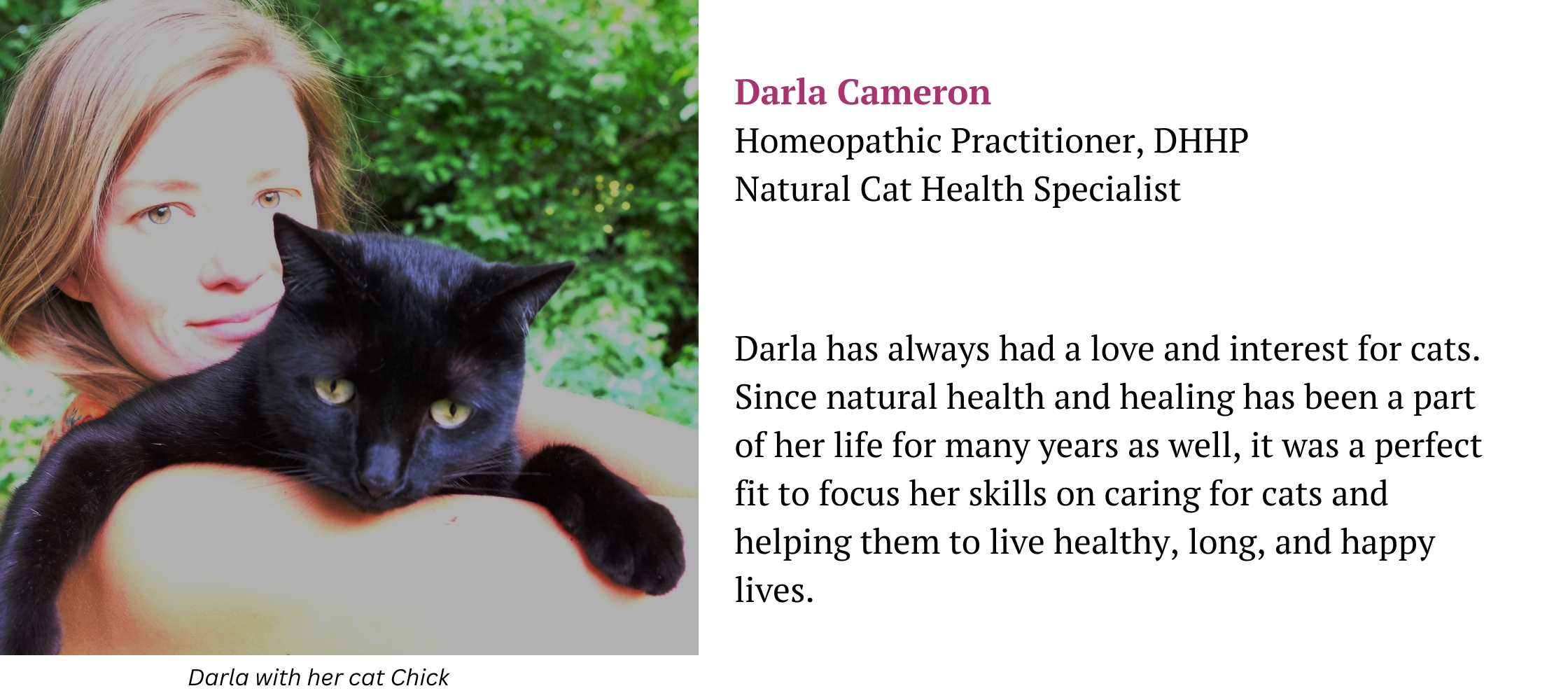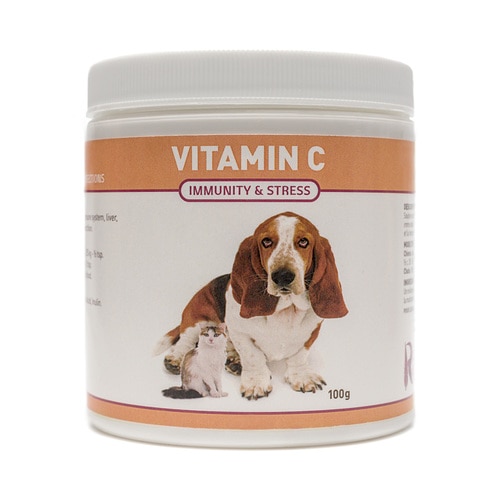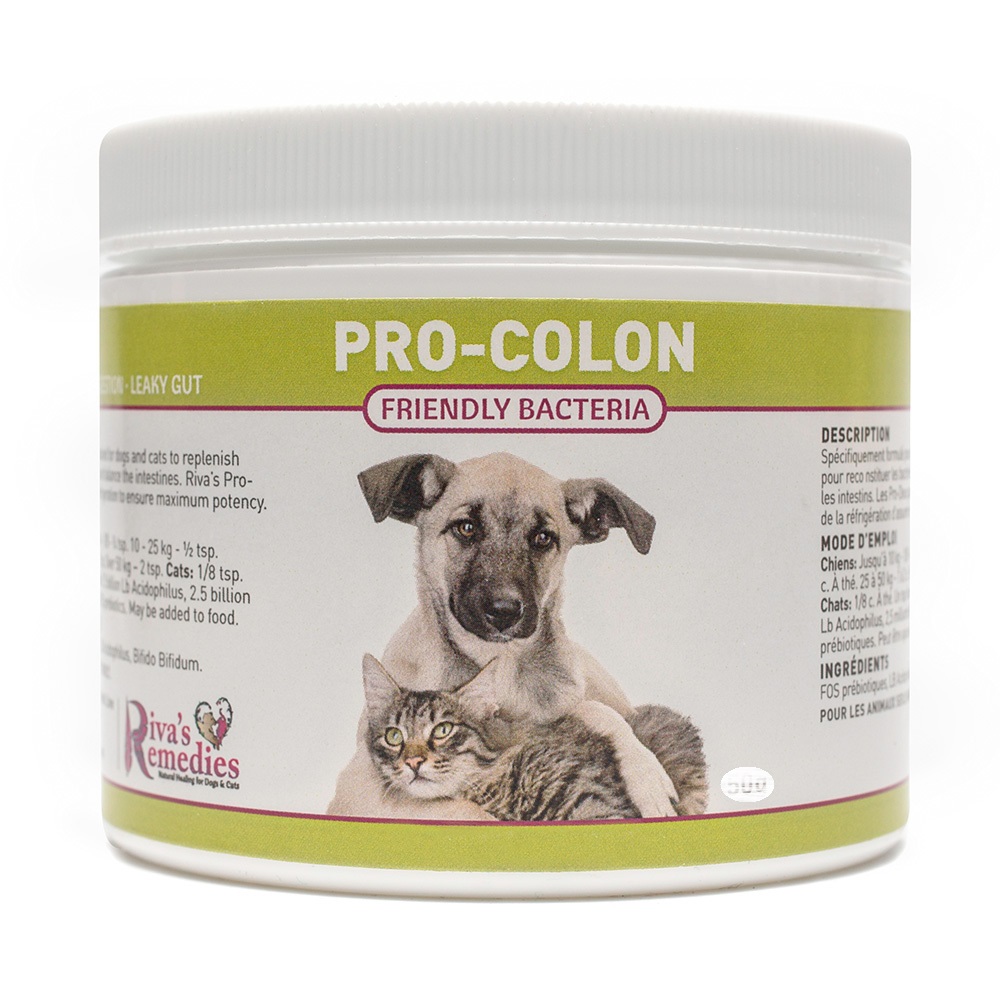Undiagnosed parasites can be a big deal for all animals, including cats, because of their significant adverse affect on all areas of health. Parasites do their damage by interfering with digestive function, robbing the host of nutrients, depressing the immune system, and intoxicating the system by excreting waste products and toxic chemicals such as ammonia, which affect the intestines, liver, and kidneys.
Parasites are generally contracted from ingesting larvae from the soil, infected rodents, and/or fleas. They can be responsible for weight loss, a scruffy hair coat, anemia, poor appetite, and poor circulation. They also contribute to allergies and unhealthy skin.
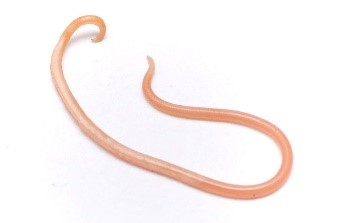
What Kind of Parasites Can Cats Get?
Common parasites affecting cats include: roundworms, hookworms, whipworms, and tapeworms. Cats do not contract pinworms. Crowded shelter and stray cats, poorly nourished cats, sick cats, stressed cats, and cats with digestive problems are at highest risk for contracting parasites.
Roundworms
Roundworms (ascarids) are round, white to light brown, and can be up to 13 centimetres long. Roundworms are the most common parasite, especially in kittens. Adult cats ingest larvae from contaminated soil or from infected mice or other small mammals. Roundworms eggs are protected by a hard shell and can, therefore, exist in the soil several years.
Kittens can be born with roundworms if the larvae cross the placenta before birth. Nursing kittens can also ingest the larvae from milk. Kittens will have a pot-bellied, depressed appetite, dull hair coat and appearance and poor growth. Roundworms live in the intestines and consume the food that the cat eats. Larvae can encyst to the liver and can also travel to the lungs causing respiratory symptoms and are then coughed up or swallowed again where they hatch out in the intestines. Roundworms can be seen in stool or vomit.
Hookworms
Hookworms are smaller than roundworms and are not usually seen in the stool or the vomit. The hookworm lives in the intestines and attaches itself to the intestinal membranes with sharp teeth and suck the host’s blood resulting in blood loss and anemia. They live and reproduce in the small intestine and, like roundworms, can encyst to the liver and/or travel to the lungs. Adult cats can ingest hookworms from spoiled meat or contact contaminated soil whereby the larvae can burrow through the skin or feet. Hookworms are also passed to kittens through nursing. Hookworms can be a common cause of illness in older cats, resulting in low energy levels, weakness, poor immunity and weight loss. Unfortunately, we often erroneously blame these symptoms on old age.
Whipworms
Whipworms are wide at one end and taper off to a narrow head. They live in the large intestine where they bite the intestinal membranes and suck the host’s blood. They can cause bloody diarrhea in the cat but anemia is not as common as with hookworms. Whipworms are even smaller than roundworms and are also not often seen in the stool. However, the stool can be covered in mucus. Whipworms are also contracted from soil where they can lay dormant for years until consumed by a host. Whipworms can cause intermittent diarrhea, dehydration and weight loss. They are difficult to detect in the stool since they shed very few eggs.
Tapeworms
Tapeworms are long, flat worms that can grow up to 10 to 15 centimetres in length and attach themselves to the small intestine of the host. They consist of multiple segments that grow onto the head and neck of the worm. Each segment has a reproductive section. Cats get tapeworms from ingesting fleas since tapeworm eggs develop inside fleas, or if they are frequent hunters they eat the abdomen of their prey and ingest the larvae during consumption. Tapeworm infections do not commonly cause observable symptoms but can appear as flat, rice-like segments around the anus. You may see segments left in places where the cat has been sitting. The tapeworm itself is still inside the intestines since it is not shed into the stool.
Heartworms
Heartworms are a variety of roundworm that are only spread by mosquitos, but not all mosquitos – only certain female mosquitos and under very specific conditions. The larvae slowly mature into worms as they migrate from the muscles to the pulmonary artery, heart, and lungs, a process which can take up 6 to 8 months. The heartworm lifecycle is very much dependent on temperature whereby the temperature has to be above 27°C (80°F) for over two weeks and over 14°C (57°F) for over six weeks. Thus, the only areas with a high incidence of heartworm is Florida and parts of Texas and Hawaii. And despite the hot temperatures in the Okanagan Valley in British Columbia the incidence of heartworm there is relatively low. Symptoms may not appear for months until the heart is infected and can include coughing, fatigue, shortness of breath and poor immunity.
What Symptoms Does A Cat With Parasites Display?
Symptoms of parasitic infection can range from none whatsoever to mild to gravely ill. Common observable symptoms are diarrhea, vomiting, pot bellies, mild to severe coughing, increased appetite, weight loss, dull hair coat, scratching at the base of the tail, fatigue, anxiety, and lack of focus or poor immunity. Other symptoms include heart abnormalities and anemia which further depresses the immune system predisposing them to more infections – parasites or otherwise. Symptoms can be a result of encysted larvae or adult worms.

Which Tests Are Available to Detect Parasites In Your Cat?
Roundworm and hookworm are detected by a fecal flotation test where the eggs can be observed and counted. However, the fecal flotation is not a reliable test for either whipworms or tapeworm nor for encysted larvae. Encysted larvae are larvae that have migrated to other organs and encapsulated. Larvae can migrate to any other tissues or organs where they encapsulate themselves until they hatch into adult worms. So Cats can have long-term problems with parasites despite negative test results.
The common test to detect heartworms involves checking a blood sample for worm protein; however, there is also a DNA test now available which is more accurate. If your cat lives in a high-risk area test for heartworms every 3 to 4 months. But do not be duped into giving your cat monthly preventative drugs for a lifetime. Despite the fearmongering by the pharmaceutical industry, heartworms have a low incidence of killing cats. But the drug industry has marketed to thousands of veterinarians (and, therefore, millions of cat owners) to convince them that all healthy cats are at risk – even in low-risk areas – unless they use preventative medication. And this so-called preventative medication is an insecticide that kills larvae but can have multiple side effects including digestive symptoms and skin reactions. Chemical medications should always be kept to a minimum.
As with all intestinal diseases the best treatment of all parasites is prevention. Weaker, unhealthy cats attract illness and parasites while healthy cats with strong digestion and a strong immune system have a much greater resistance to all pathogens and parasites. A healthy intestinal immune system can destroy or eliminate parasitic larvae, including heartworm larvae, before they hatch out into mature worms or migrate into other organs. Research has also shown that a healthy colon ecosystem with healthy levels of probiotics can influence the lifespan of intestinal worms.
Natural Health Program for Cats with Parasites
The best prevention is to build resistance by maintaining a strong intestinal immune system. This is accomplished with a healthy diet, keeping stress to a minimum, regular cleansing, and well-selected supplements.
Diet
Ensure that the meat fed is “clean” and free of bacteria and other contaminants.
Be mindful of any food allergies and intolerances present in the diet that are continually straining the digestive processes and weakening the intestinal immune system. Avoid all foods which contain wheat or corn gluten.
Add fresh vegetables to your cats cooked or raw meat for extra fibre and roughage. Many vegetables are also a natural prebiotic – prebiotics help to produce more probiotics. If you are unfamiliar with feeding cats’ vegetables check out the blog Should Your Cat Eat Vegetables?
Recommended
Supplement & Remedy Program:
Vitamin C helps to acidify the large intestine to increase parasite resistance and encourage the elimination of parasites and pathogens. It is a powerful immune nutrient and supports liver function.
Pro-Colon is a blend of live prebiotics and probiotics for intestinal support and healthy digestion. Probiotics discourage the growth of parasites, unfriendly bacteria and yeast. It promotes optimum absorption of nutrients and maintains a healthy intestinal immune system. Pro-Colon is kept refrigeration to ensure maximum potency
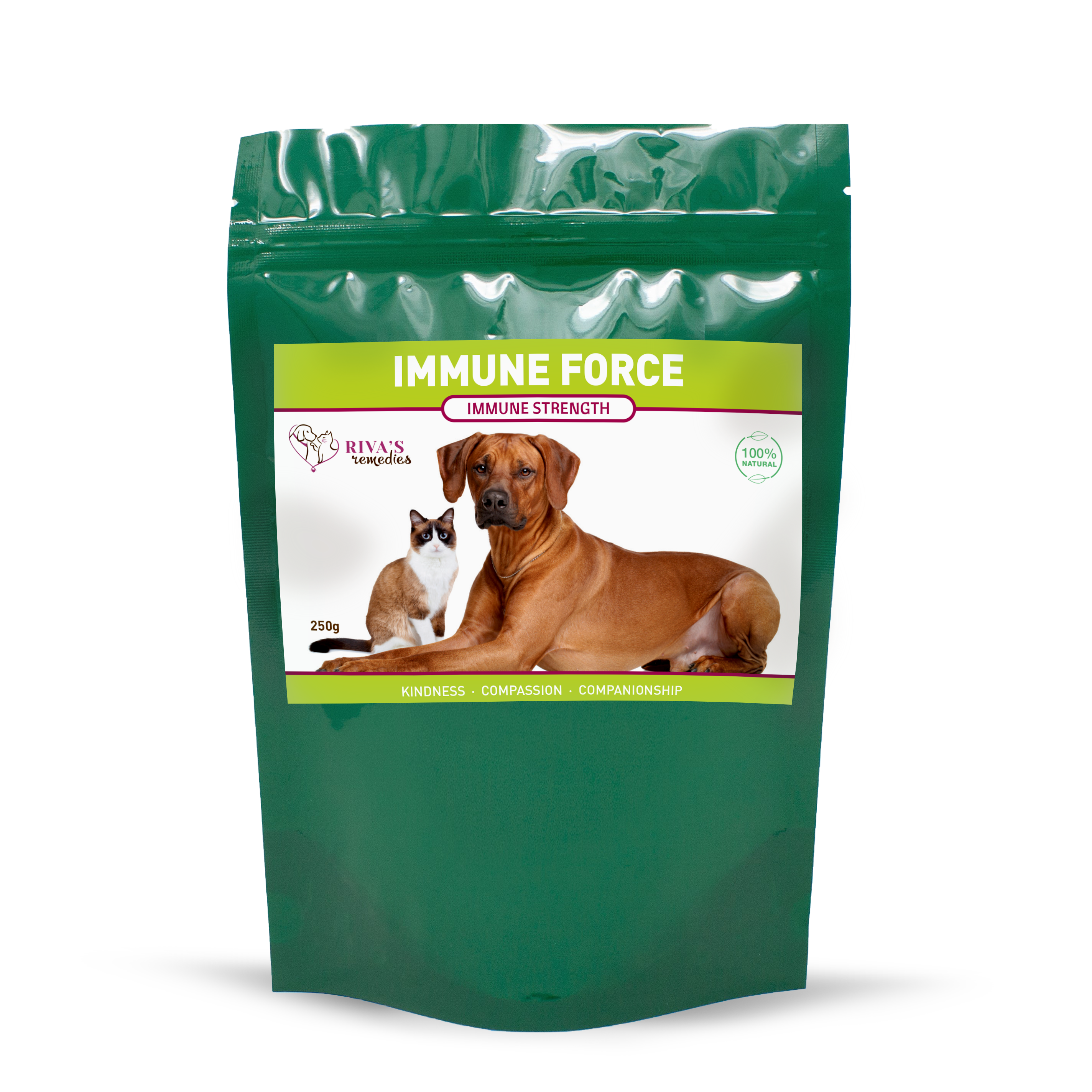
Immune Force is blended to support and promote optimum immune function in the kidneys, liver, and respiratory systems. It also promotes positive energy levels and acts as a detoxifier and cleanser.
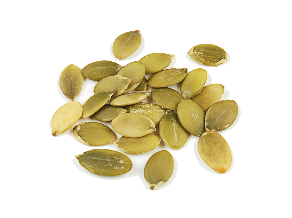
Pumpkin seeds - crushed [1/8 tsp daily] – Pumpkin seeds are a natural anti-parasitic, and are a source of fibre and essential fatty acids to support digestive health.
*See the product
links for recommended dosages by weight*
Parasite-Free Cats
As so often said, the best treatment for all diseases and health conditions is prevention. The same is true for parasites. A healthy digestive system, a strong intestinal immune system, good nutrition, a clean diet, regular exercise, and good quality herbal supplements to regularly detoxify and cleanse your cat will ensure that s/he maintains a low-risk lifestyle that prevents parasites, yeast, bacteria, and many other intestinal diseases.

